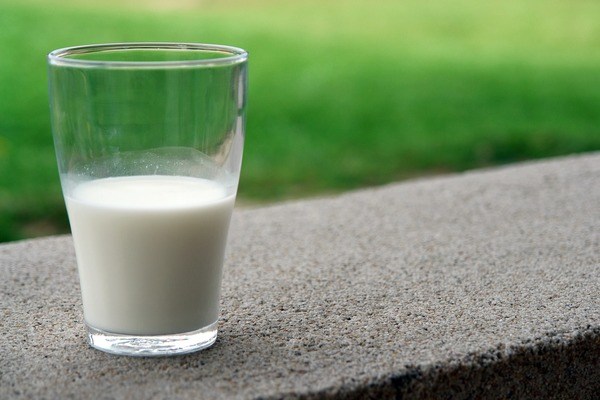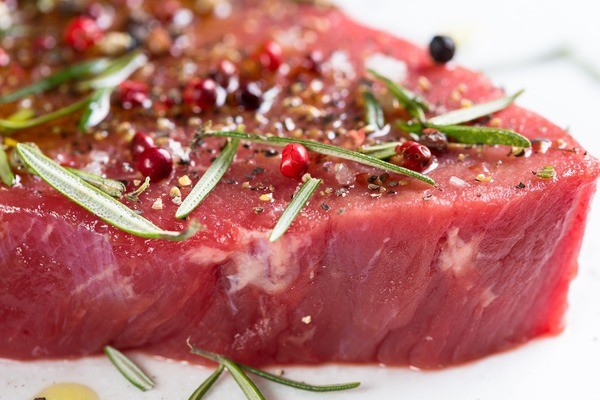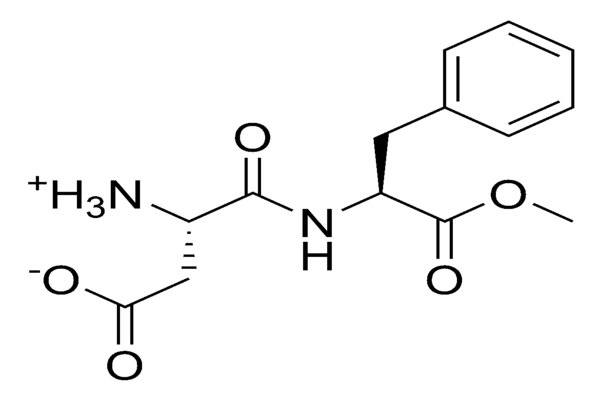
Advertisements
Arthritis is a disorder characterized by joint pain and inflammation. Though there are a few different types of arthritis – psoriatic, rheumatoid, and osteoarthritis – the treatment for all kinds focuses on reducing inflammation.
Certain foods commonly trigger painful swelling, and your doc will probably recommend that you try an elimination diet to determine which ones bother you the most. No diet can cure arthritis, but you could have fewer flare-ups with attention to your diet.
Following are the most common foods that trouble people with arthritis. And please pay extra attention to number 6 and 7.
1. Dairy Products
Dairy products contain a type of protein thought to irritate the tissue surrounding your joints. It doesn’t bother everyone, but adults don’t really need much dairy in their diets anyway.
Try eliminating dairy to see if your bad arthritis days decrease. It’s easy to replace the protein in dairy with foods like quinoa, lentils, nut butters, tofu, beans, and spinach.
2. Added Sugars

Inflammation is the painful condition you want to avoid, and a high daily intake of sugar leads directly to it.
That’s because of a spike in advanced glycation end products (or AGEs), which occur when protein or fat in the body interacts with sugar. AGEs are blamed for accelerated aging, increased risk factors for heart disease and diabetes, and of course, inflammation.
Processed sugar also causes the release of cytokines, the body’s inflammatory messengers.
3. MSG

Food additives are notably troublesome for people with arthritis, and MSG is a prime example. It is a salt-based powder added to many Asian foods like soy sauce, but not just Asian foods.
You are likely to find MSG in many salad dressings, soup mixes, fast foods, and deli meats. The main issue with it is probably the sodium content, which can cause water retention and swelling.
4. Tobacco

It is not technically a food, but tobacco is something that is quite harmful to put into your body.
Studies reveal that smokers are at a higher risk for rheumatoid arthritis, and it is damaging to joints, bones, and connective tissue. If you don’t have arthritis already, you may be able to prevent it by quitting now.
If you have been diagnosed, definitely quit smoking! Not only does it cause painful symptoms, it makes arthritis treatment less effective and causes additional complications if you ever need surgery.
5. Alcohol

Drinking alcohol frequently makes you more likely to develop gout, a disease that can cause arthritis particularly in the feet.
When you have gout, uric acid is not metabolized correctly, creating little crystals that irritate your joints and lead to inflammation. Too much alcohol also forces your liver to work overtime, weakening it and causing yet more inflammation.
Finally, when you drink too much, you are not prepared mentally to make wise decisions about the fundamentals of health, i.e., proper diet, exercise, and sleep.
6. Salt

Salt is another thing that your doctor will recommend that you minimize due to its potential for causing joint inflammation.
Salt doesn’t affect everyone the same way, but most people take in way too much. Reducing the sodium in your diet is a good idea for lots of health reasons.
Advertisements
The easiest way to do this is to cook most of your meals at home from whole foods. Packaged products usually contain a ton of salt, as well as troubling artificial preservatives.
7. Saturated Fats

Eating food that is high in saturated fat worsens arthritis inflammation especially in adipose (fat) tissue. Adipose inflammation is also an indicator for heart disease.
The most loaded sources of saturated fats are full-fat dairy products, red meat, and fried and processed foods.
A study out of Mount Sinai School of Medicine in 2009 discovered that greatly decreasing the amount of saturated fat in your diet also reduces inflammation and keeps the body’s natural defenses strong.
8. Corn oil/Omega-6s

We need omega 6 fatty acids in our diet to promote healthy growth and development. However, we don’t need nearly as much omega-6 as omega-3 (found in fish oil).
Omega-6 is found in oils including sunflower, corn, vegetable, soy, peanut, grapeseed, and safflower, as well as products like salad dressing and mayonnaise.
Because too much omega-6 triggers inflammatory chemicals to be released in your body, try to achieve a better ratio of omega-6 to omega-3 by switching to olive oil and adding seeds like flax and pumpkin to your diet.
9. Aspartame

Another chemical additive it may be wise to avoid is aspartame. We know, this is a challenge when you are probably also trying to reduce added sugar.
But aspartame contains zero nutrition and being made in a laboratory, it can trigger your body to react as though a foreign invader has attacked.
That will cause the dreaded inflammatory response. Not everyone has this sensitivity to aspartame, but it’s pretty common and worth experimenting with.
10. Refined Carbs

White flour, found in many products such as bread, crackers, cakes, and cereal, is so highly processed that it has none of the nutritive value that the original wheat offered.
Refined carbs break down to sugar in your body and cause internal inflammation, which in turn increases the cytokines and other pro-inflammatory compounds in your bloodstream.
Instead, switch to much healthier whole-grain options for your bread, cereal, pasta, and rice.
11. Foods Cooked to a High Temperature

Earlier we talked about AGEs (advanced glycation end products) and the way they cause inflammation in the body. Another way AGEs occur is when food is heated to a high temperature.
All of those tasty grilled, fried, or pasteurized items release cytokines when eaten and rocket inflammatory messages all over your body.
Obviously you can’t skip cooking many of your meals, but you can avoid meats with char marks and add in more healthy salads and raw or lightly cooked veggies.
Advertisements
Every arthritis patient is different, and you will likely find that some of the items on our list trouble you less than others.
Still, it is important to perform some systematic experimentation with your diet, in conjunction with your doctor’s advice.
Understanding your particular arthritis and what triggers it can minimize pain and provide a much higher quality of life.





Comments